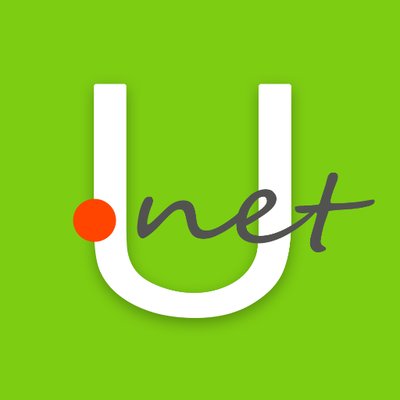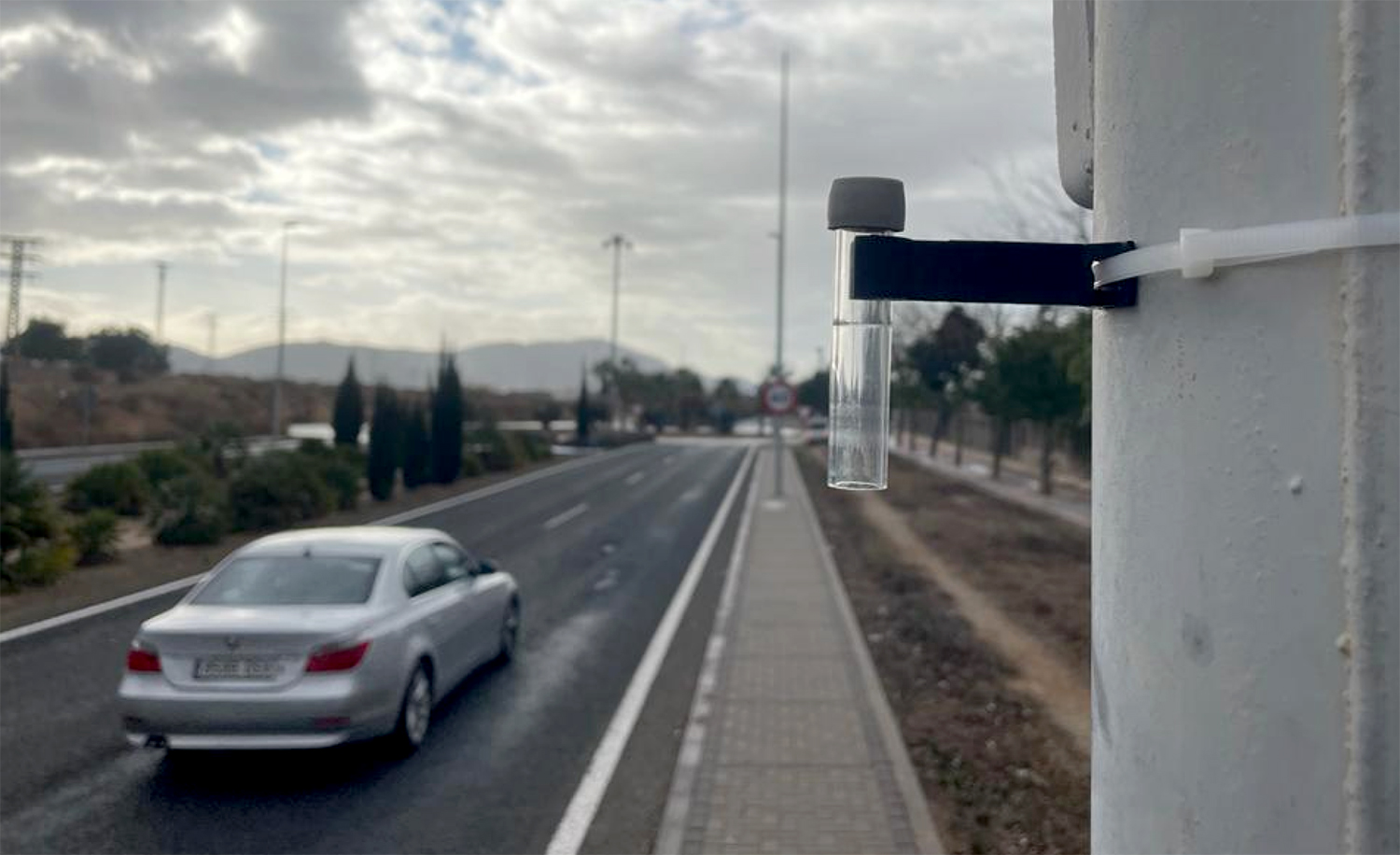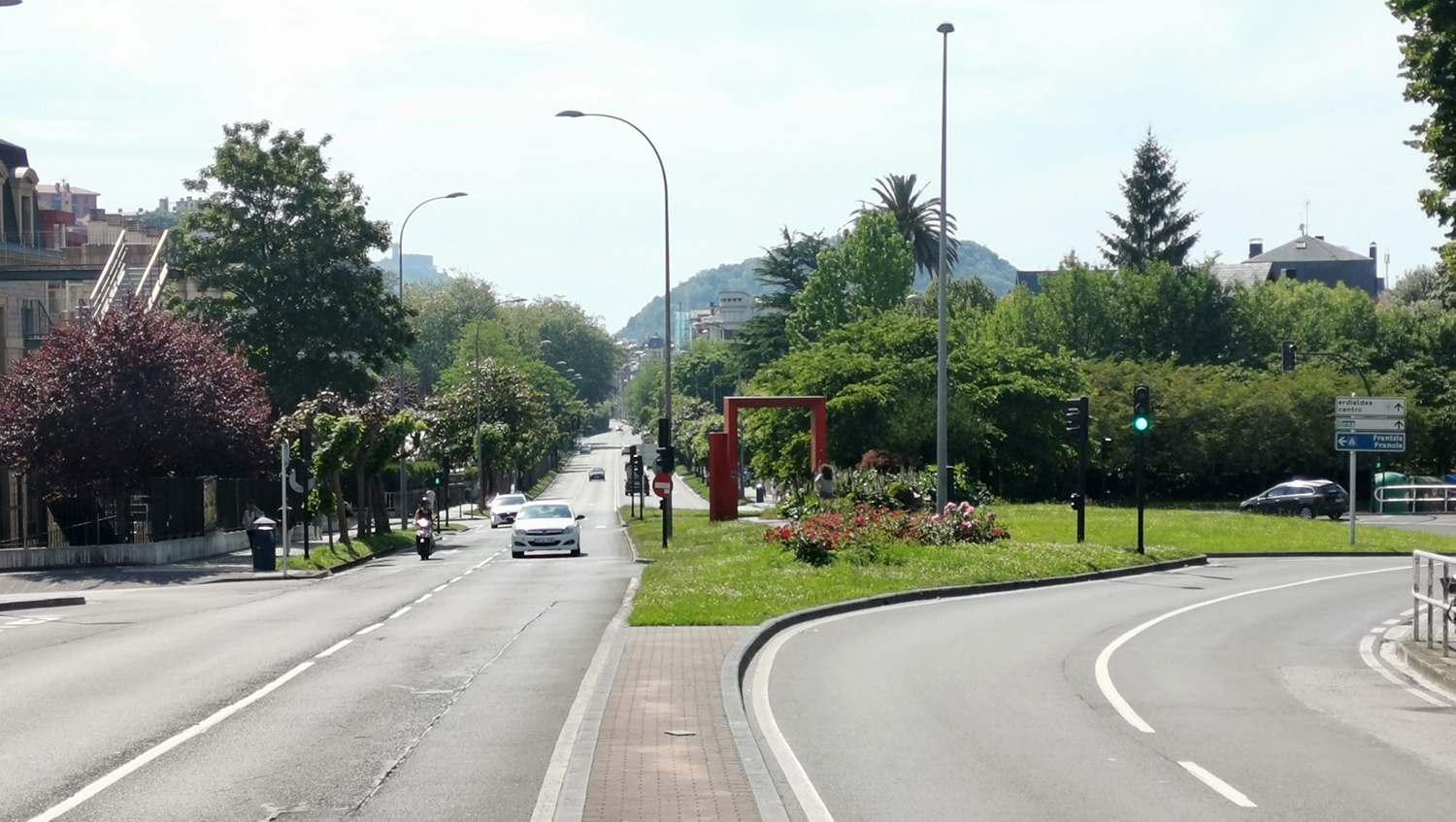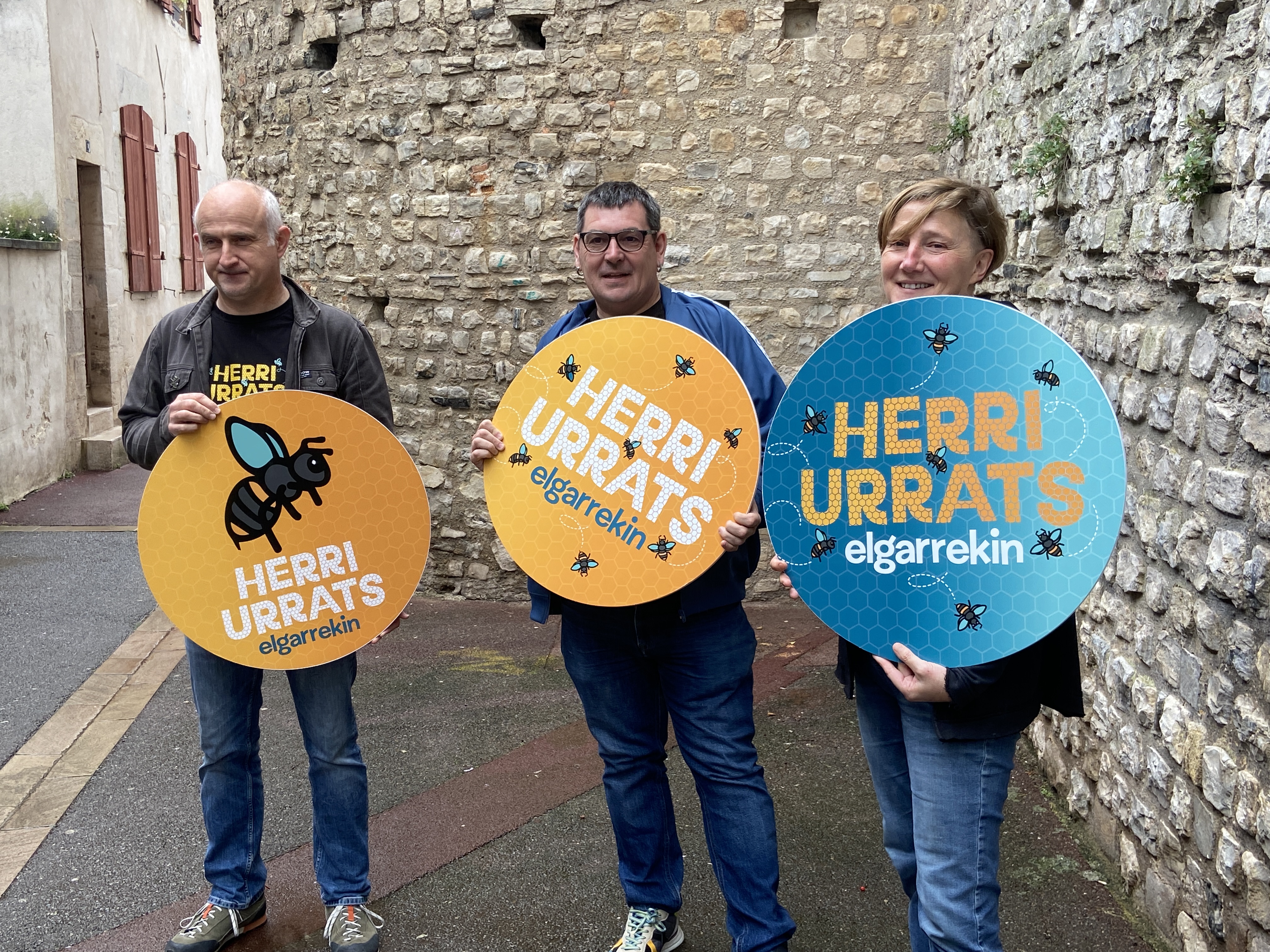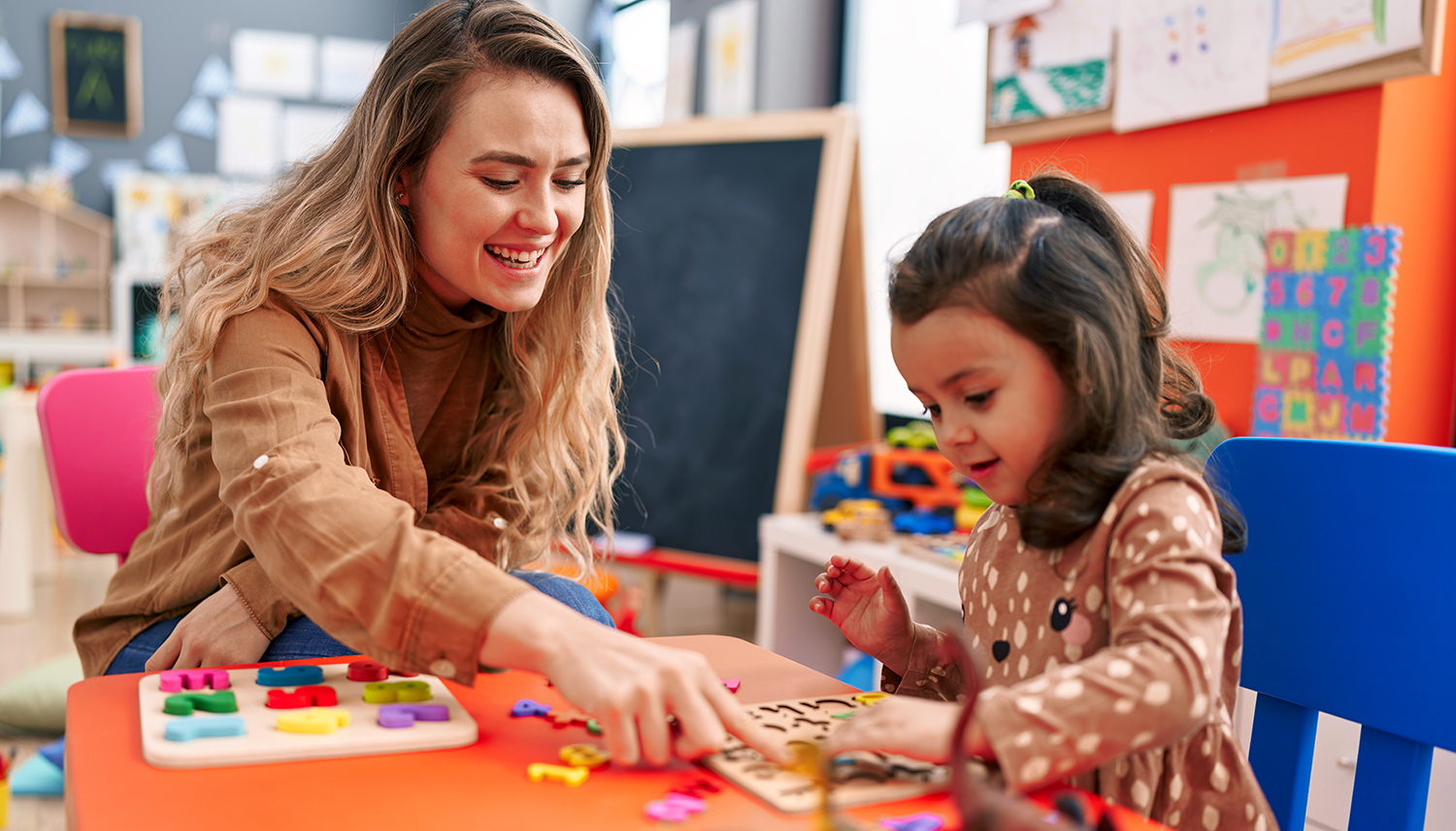"The curriculum built in Antzuola Herri Eskola is part of the students' ideas and interests"
- Maitane Basasoro (Orereta-Errenteria, 1992) is a member of the Department of Teaching and School Organization of the Faculty of Education and Sport (UPV/EHU). He is a professor in the Grades of Early Childhood Education and Primary Education, as well as in the Master's Degree in Teacher Training of ESO and Baccalaureate, Vocational Training and Language Teaching. He defended his doctoral thesis in January 2022: "The participation of students as key to the construction of democratic schools". Democracy and social justice in education, their contributions focus on student participation and critical pedagogy.

He has devoted his last years to the field of education.
That's right. I studied the Bachelor's Degree in Early Childhood Education and the Bachelor's Degree in Primary Education. My experience as a teacher in Early Childhood Education helped me learn a lot. However, I had a certain nonconformism, I felt (and I saw) that in education things could be done differently, and then I decided to explore the path of research and do the PhD. I like teaching, and today I follow it, in this case in university teaching.
It has focused on the pedagogical model that focuses on the participation of students.
Yes, in the educational project of Herri Eskola Antzuola. When performing the master's degree, I met the directors of my doctoral dissertation, as well as the research team ALHE. By then they collaborated with Antzuola Herri Eskola and the pleasure was to have the opportunity to get involved. I started to identify the keys to the educational project in the End Master's Work and it seemed to me that it was a good place to deepen the participation of the students.
You said that the Chiothesis claims the importance of the model based on participation in education, but that in practice the reality is different. Do students take place to say what they really think?
The discourse is interiorized and clearly reflected in the educational legislation the participation of students. The practices we find in reality are, however, isolated, limited or symbolic: the student acquires a passive role, becomes a source of information, participates in concrete tasks (by the teacher's decision) or their actions do not directly affect reality. When the participation is real, the student is considered an active and indispensable agent for the transformation and seeks to assume responsibilities and decisions. Moreover, this participation acquires the sense of the community and gives it the opportunity and the right to become involved as a citizen. This approach has not yet been reflected in the education system, and the models we are facing are very small.
Have you studied the Herri Eskola model of Antzuola? Why? What makes it special?
For more than 40 years, Antzuola began to change the Herri Eskola. They focused on the well-being of the students and decided that to do so they had to make changes. It was a gradual process, a collective process. Through psychomotor skills, the free circulation of ideas and global projects, they saw the possibility for students to have the opportunity to be and do, to relate to reality and the community, to participate and to participate.
In addition, it is a public school that has been a process of transformation arising from the school itself. They seemed to us to be two important characteristics and, therefore, a good place to learn.
The projects start from the interests and curiosities of the students, from what they want to know.
Yes, the daily life of Antzuola Herri Eskola is different. There are no subjects, no textbooks. Instead, students work through the global projects they choose, they decide what they know and what they want to do within these issues. The daily life of the center is articulated through these projects, which allows them to get involved and make both individual and collective decisions on a continuous basis. The curriculum is constructed based on the students' ideas and interests. This approach supposes a new way of acting and a change in the teacher's view is essential. We have to change the way we see the student and understand knowledge and power. If this change does not occur, although it depends on other schemes, we can continue to nourish this symbolic and limited participation. In other words, it is not enough to say that we operate on a project-by-project basis. What matters is how these projects emerge and what and how they are done.
...and talks about the importance of the community in this process of educating people.
The school is part of a community and its people, its members, citizens. How do you distinguish it? You can't understand a community without a school or a school without a community. We must put an end to this closed vision of school and education, as if the educational process only took place between four walls. Knowledge has a social character and emerges in this interaction with reality, with the community.
In his thesis he wanted to give the keys to encourage the participation of students, and for this he has proposed in a participatory way the research itself.
Looking at the topic itself, I couldn't imagine the research any other way. Along the way, I had the opportunity to reflect and learn about the political character of the research, and there is nothing but to assume responsibilities as a researcher: what to investigate, how to investigate, with whom to investigate, how to make use of the data... What is known as responsible research.
I conducted an ethnographic research, as I said, at Antzuola Public School. To do so, I created two meeting spaces in which I agreed with the participants on the development of the research. Together, we were imagining the design of the research.
You've discussed 28 groups with 28-generation alumni. What has been most repeated? Any surprises?
It was terrible for me to have the experiences of former 28-year-olds. In addition, much was encouraged (namely 182) and the involvement was large. In the Educational Project there have been changes from the beginning to the present, so in the reports these differences were also perceived. But many ideas are repeated in all the collective debates, and it's no coincidence.
The projects took a leading role in the 28 collective debates. The work carried out and the responsibilities assumed in the projects were both emotional and illusory. They felt active and remembered that they did “something big, important” on a daily basis. They had space and opportunity to make decisions and they built the day by day around what they wanted. Here I would pick up a lot of ideas and it's impossible, but there's one last idea to highlight: having fun and learning were identified by the old students as concepts that go together. What's more, they talked about studying inadvertently, deepening what they really wanted to do and starting from their interests. That's terrible.
She has identified in the research the keys aimed at encouraging the participation of students. Which ones would you mention?
The first step was to identify when they really felt part of the students' experiences. We often receive the advice of other groups, experts or institutions, with criteria and guidelines to encourage the participation of students, but have we asked students enough? How many times has the participation of the students been studied and how many times have the students been the protagonists of the research?
However, once these keys were collected, it seemed important to delve deeper into them, assimilate them well and understand how they materialize in daily life. To do so, I made another group debate with former teachers, I made observations in the stages of Children and Primary and also analyzed the documentation of the center. This process was important to understand the pedagogical reading behind these keys.
The work mentions some keys to encourage the participation of students, but in summary, we divided them into three dimensions: the view of the professor, the curriculum and the organization. In these three dimensions, changes are needed to encourage the participation of students, and in the doctoral dissertation I made some proposals in each of them. In addition, I concluded that working with the teacher's eye is a priority in the challenge of promoting student participation in schools. The teacher must inevitably reflect on the child, knowledge and power, in which the other dimensions will change significantly.
Is it a model for exporting to other schools or do you have to create a place on the spot?
What is done at the Antzuola Public School is done exclusively in Antzuola. Why? Because it is a project started from school and, therefore, it adapts to the reality of it. We have a lot to learn from the Antzuola model, but what we've seen and learned has to be adapted to local reality. It is necessary to identify contextual needs and decide how to build the way in this context. In addition, Antzuola has shown us that public education has the capacity to respond to current challenges and to implement such models. Educational agents can look to where.
You submitted your thesis in early 2022. What was it like?
I have a very nice memory. I thought it would be time for a bad drink, a moment of defense, of nervousness and of great tension. But I really enjoyed it. I thought it was a way to end a nice journey, a day to celebrate. Once the point of view was changed, my goal was to breathe and share what was learned and lived with those in the room.
What challenges do you have?
On the one hand, to stabilize my research trajectory and continue to deepen this issue. Adapt to the realities and needs of the Basque Country and contribute as far as possible. And on the other hand, enjoy teaching. This year has been a very crazy course, the end of the doctoral thesis, the accreditation, the preparation of the plaza… Therefore, I would like to rest, replenish forces and work calmly all these reflections the next course with the students.
He participated in the Chilean Thesis. What was the experience?
The exercise was very interesting. It's not easy to explain his thesis on six chips and helped identify key ideas and think that they are understandable in a community as wide and diverse as Twitter. At the same time, it was nice to know the works of other researchers. There were very interesting and very different works. Normally in congresses and meetings like this we met with people from our area and it was very enriching to read works with another look.
We have had to endure another attack on our language by the Department of Education of the Government of Navarre; we have been forced to make an anti-Basque change in the PAI program. In recent years, by law, new Model D schools have had to introduce the PAI program and have had... [+]
Public education teachers have the need and the right to update and improve the work agreement that has not been renewed in fifteen years. For this, we should be immersed in a real negotiation, but the reality is deplorable. In a negotiation, the agreement of all parties must be... [+]
Lehengai anitzekin papera egitea dute urteroko erronka Tolosako Lanbide Heziketako Institutuko kimika industrialeko ikasleek: platano azalekin, orburuekin, lastoarekin, iratzearekin nahiz bakero zaharrekin egin dituzte probak azken urteotan. Aurtengoan, pilota eskoletan kiloka... [+]
Garai kuriosoak bizi ditugu eta bizi gaituzte, zinez. Hezkuntza krisian dela dioten garaiak dira eta, gutxien-gutxienean, aliritzira, ba aizue, 2.361 urte ditu gaurgero boladatxoak.
Ez zen ba debalde joan Aristoteles bere maisu maite Platonen akademiatik lizeo bat muntatzeko... [+]



